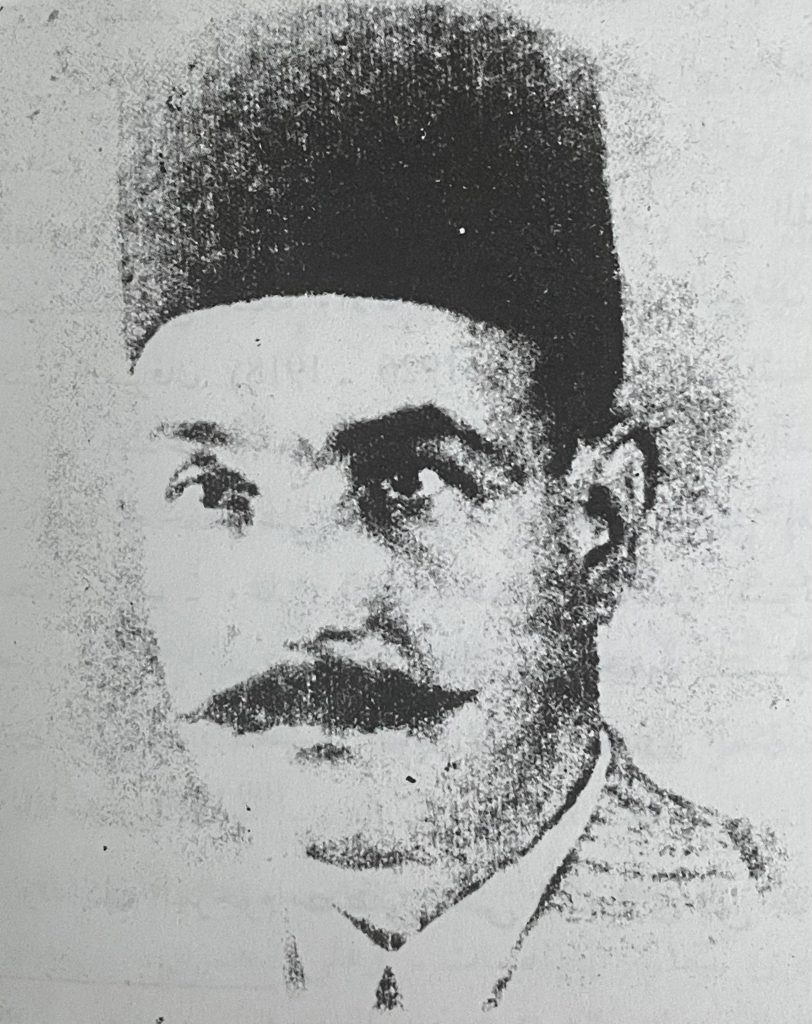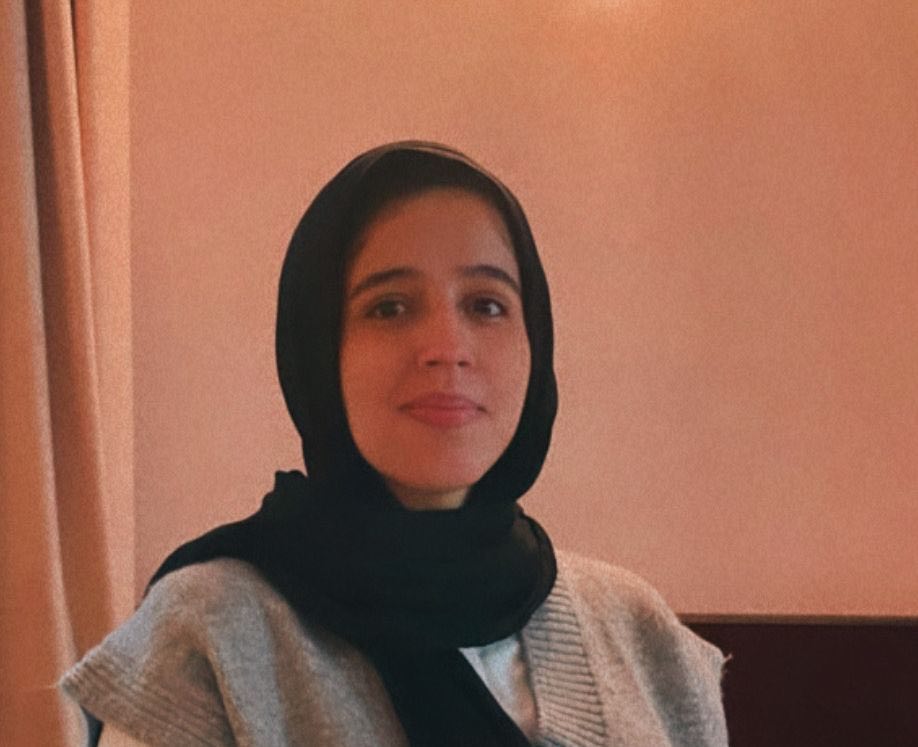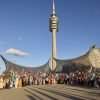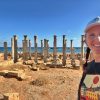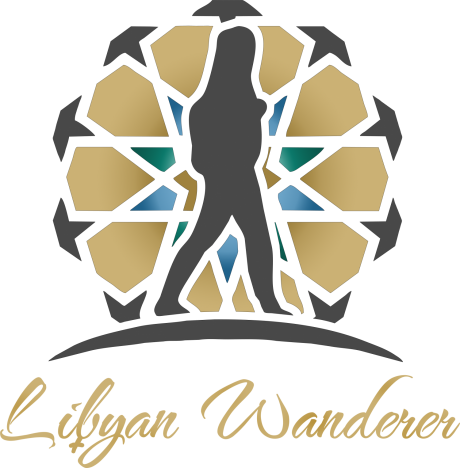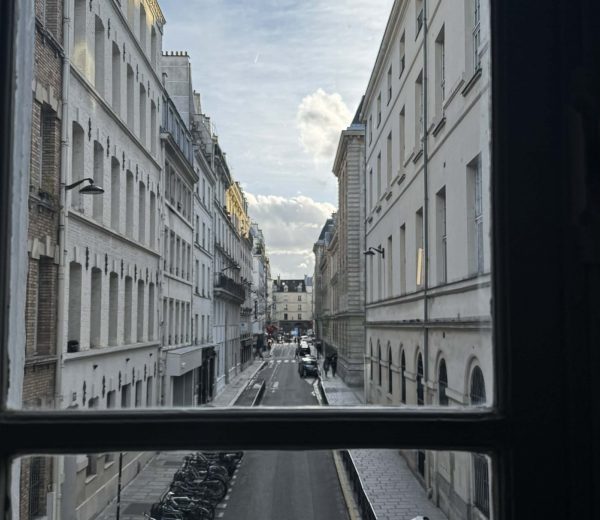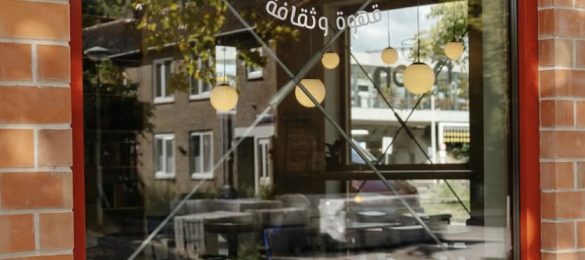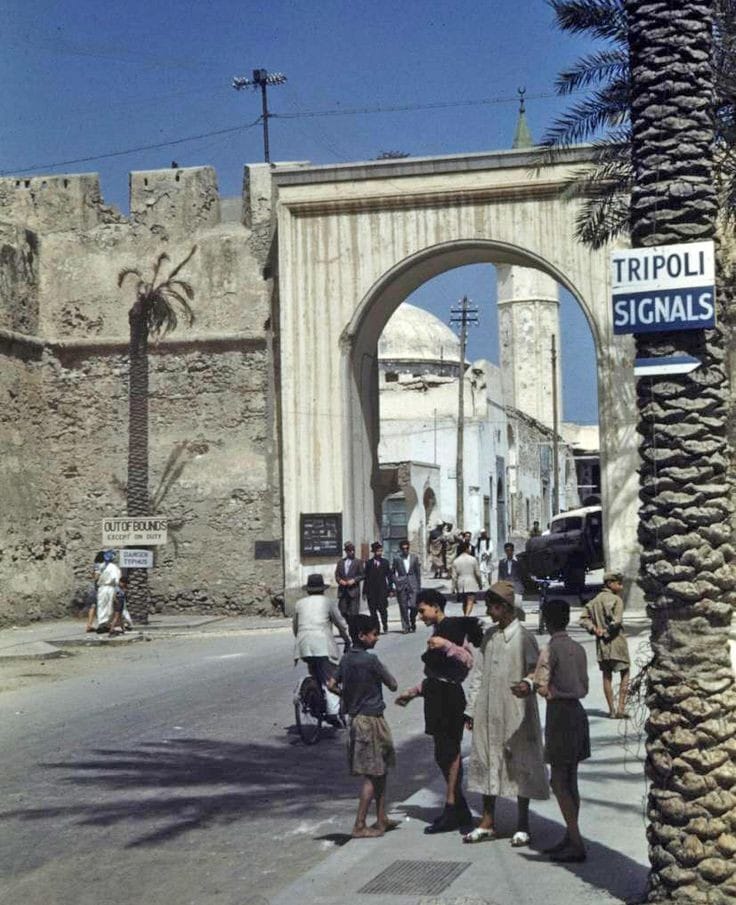
Tripoli has witnessed in the period between 1918 and 1926 a wave of educational thirst. The need to resume the leap that occurred in the late Othman era. This was through the opening of many educational spheres. For example, Alrushdiyah Office, Al-Irfan office, the military office and many others. In addition to the old traditional schools like Othman Basha, Al-Katib school, Ahmed Basha school, and Amoura school in Janzour area, in the suburbs of Tripoli. Also Murad Agha school in Tajoura, the Literary Club and the free night school associated with it. The term ”office” was used to describe schools during that period. In this article, I will be sharing some information about the Literary Club in Tripoli due to its importance and great status in Libya’s history.
The Literary Club & Night School
These two institutions had an important role in hosting educational and social activities. The main source of funding was through the founders, members, and public donations. The Italian colony didn’t support these institutions. However, it was described as a fully national project. The head of the Literary Club was Mr. Ahmed Alfagih who was 27 years old at that time. He put all of his effort during that difficult time in the creation of this club. In addition to his detailed management skills which was behind all the activities in the club.
The night school was free of fees institution that provided Arabic language and religious studies lessons. The famous ”Al Liwa’a Trabilsi” Newspaper published the opening announcement on March 9, 1921 in issue No. 55. It is important to know that the library of the club had a variety of books and papers. It consisted of Arabic newspapers, books and journals brought from abroad. The club had connections with the Arab Academy of Damascus in Syria.
The Arab Academy is the oldest academy regulating the Arabic language established in 1918. This gives an indication on the mission and vision of the club at the time. Moreover, it shows the efforts they made to sustain educational development. The club’s library used to open for reading from morning until evening every day of the week except for Tuesdays. Al-Aziziyah Avenue was the club’s location which is Emhemed Al-Megaryef street now in Tripoli. The original location was in the old city of Tripoli (Precisely at Ben-Musa family house and the house was still in the old city until 1978). Later in 1921, the Italian colonization issued an order to close the literary club. The club did not resume its activities until later, during the era of the British Military Administration.
The Schedule at the Night School
The statement of the announcement: (Translated from Arabic to English)
”The temporary administrative board of the Literary Club announces to the esteemed general public that it has decided to establish a free night school to teach Arabic language and religious beliefs.”
The duration of classes in the night school was for one hour and a half in which studies begin in the second arabic hour after Isha’a prayer and ends in the third and a half hour every night of the week, except for Friday. The location of the night school was the office of the National Party in Abu Alkheir street for its unique status and the availability of materials in it. The announcement states that for those interested in the night school, they may register their names at the Literary Club office.
The announcement also called on teachers to join and one of the volunteering teachers Mr. Abdullah Jamal Addin Almiladi who taught musical performance rules. Mr. Mostafa Thihni Al-Ka’abazi who was the mathematics teacher and also one of the night school founders.
Also Ali Al-Bahri, Mohamed Shawkat Almabruk and Sheikh Mohamed Al-Misrati. The manager of the club and night school, the poet Mr. Ahmed Alfagih, who gave literature and grammar lessons. He was among those who moved to teach in Al-Irfan school that was managed by Mr. Al-Ka’abazi (1918 – 1926).
According to issues from Al-Liwa’a Al-Trabelsi newspaper, the club had an organizational law that contained articles. Such as Article (10) on how to hold meetings, Article (12) on how to vote, and Article (30) on the budget and conditions for membership.
Source of information: ”At Bab Al-Bahar – Tripoli’s history book by Radwan Abu Shweisha”
